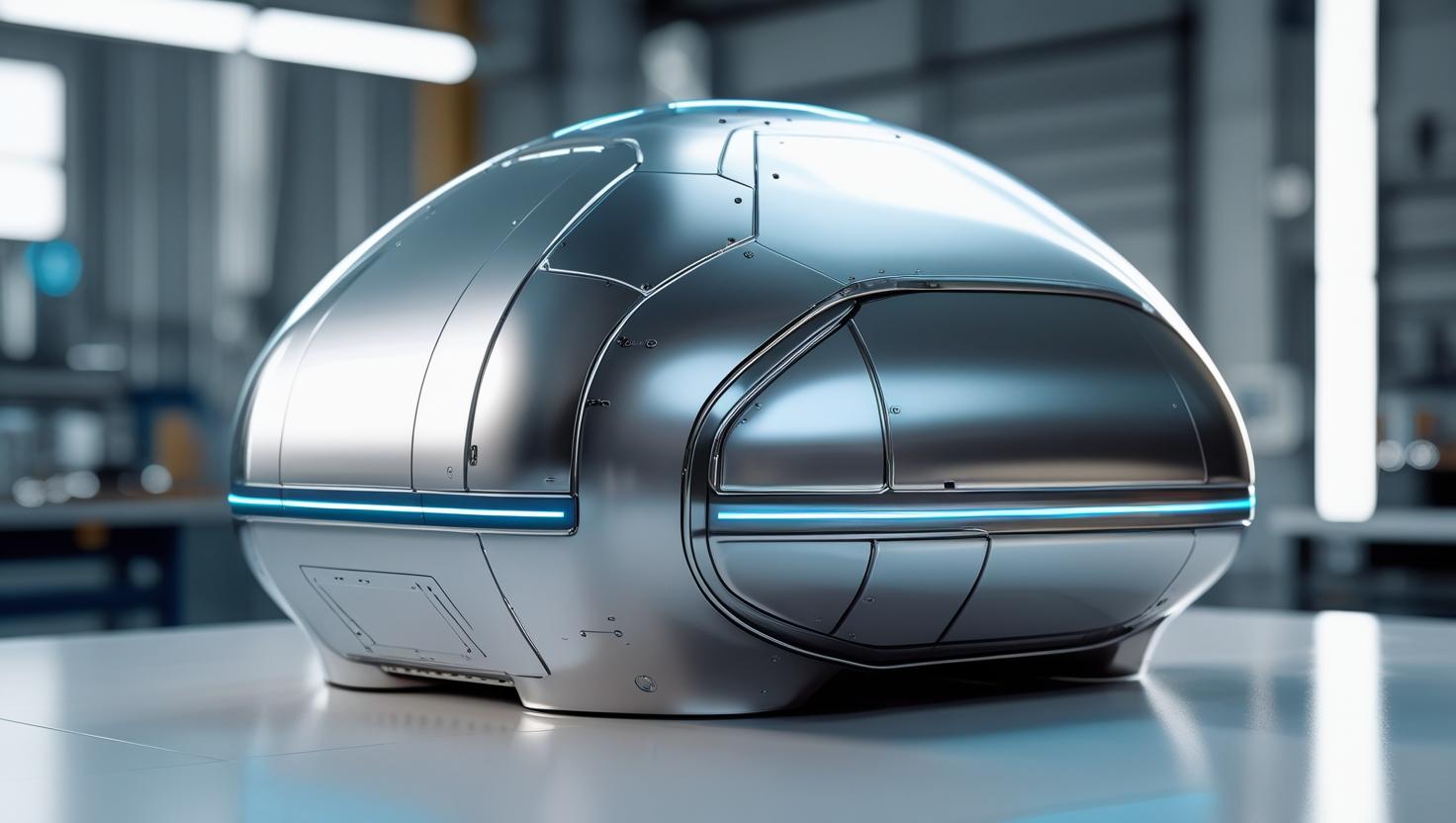In the pharmaceutical and nutraceutical industries, capsules are a preferred oral dosage form due to their versatility, ease of swallowing, and ability to contain a wide range of active ingredients—powder, pellets, liquids, and even semi-solids. The machinery behind their efficient production, known as capsule equipment, plays a crucial role in delivering safe, uniform, and high-quality products at scale.

https://www.marketsandmarkets.com/pdfdownloadNew.asp?id=268102519
From capsule filling to polishing, sorting, and inspection, capsule equipment supports the entire lifecycle of capsule manufacturing. As the demand for solid dosage forms continues to grow globally, particularly in generic and OTC medications, capsule equipment has emerged as a cornerstone of modern drug production.
What is Capsule Equipment?
Capsule equipment encompasses a range of machinery used to handle the manufacturing, filling, and post-processing of hard gelatin or hydroxypropyl methylcellulose (HPMC) capsules. These systems automate complex processes with precision and speed, ensuring consistent capsule quality and production efficiency.
Capsule equipment includes:
-
Capsule fillers
-
Capsule polishers
-
Capsule sorters
-
Capsule checkweighers
-
Capsule printers
-
Capsule band sealers
Each machine serves a specific function, often working together as part of an integrated production line.
Core Types of Capsule Equipment
1. Capsule Filling Machines
These are the primary machines used to fill hard capsules with active ingredients and excipients. They can be manual, semi-automatic, or fully automatic.
-
Manual capsule fillers are suitable for small batches and R&D labs.
-
Semi-automatic machines improve speed while maintaining operator control.
-
Fully automatic capsule fillers are ideal for large-scale production, handling thousands of capsules per hour with high precision and minimal human intervention.
These machines handle powder, granules, pellets, liquids, or a combination, and are often equipped with dosators or tamping pins to ensure accurate fill weights.

2. Capsule Polishers
Once filled, capsules are polished to remove excess powder and give them a clean, shiny appearance. Polishing not only enhances the product’s visual appeal but also reduces contamination risks in downstream processes.
3. Capsule Sorters
These machines automatically identify and remove defective or improperly filled capsules. They detect issues like body-cap separation, empty capsules, and weight deviations.
4. Capsule Checkweighers
These high-precision machines verify the weight of each capsule to ensure dosage consistency. Capsules that deviate from target specifications are automatically rejected.
5. Capsule Banding and Sealing Machines
For liquid or tamper-proof applications, capsules are sealed using a gelatin or polymer band to prevent leakage and enhance product integrity.
6. Capsule Printers
Used to print logos, batch numbers, or drug identifiers on the capsule shell. This supports brand recognition, regulatory compliance, and anti-counterfeiting.
Applications of Capsule Equipment
Capsule equipment is used across several industries:
Pharmaceuticals: To produce prescription medications, antibiotics, and combination drugs. Precision and GMP compliance are essential in this domain.
Nutraceuticals: For vitamins, supplements, herbal products, and functional nutrition. These products often require flexible capsule sizes and filling options.
Veterinary: Animal health medications in capsule form are produced for livestock, pets, and zoo animals.
Clinical Trials and R&D: Capsule equipment is critical in developing new formulations and conducting early-stage human trials.
Technological Innovations in Capsule Equipment
As demand increases for efficiency, precision, and compliance, capsule equipment has undergone significant advancements:
1. PLC and HMI Control Systems
Modern capsule fillers feature programmable logic controllers (PLCs) and human-machine interfaces (HMIs) that allow operators to monitor and adjust parameters easily, improving batch consistency.
2. Servo-Driven Mechanisms
Servo motors enhance machine accuracy and flexibility, especially for multi-fill operations (pellets + powder, for instance).
3. AI and Vision Inspection
Some high-end machines integrate AI and image recognition systems to inspect capsule quality, detect micro-defects, and predict maintenance needs.
4. Modular Designs
Machines with modular architecture support rapid changeovers between capsule sizes or formulations, ideal for facilities producing multiple SKUs.
5. Compliance and Data Integrity
To meet FDA and EU GMP standards, equipment now includes features like 21 CFR Part 11 compliance, audit trails, and electronic batch records.
Advantages of Using Advanced Capsule Equipment
-
High output with consistent fill weight
-
Reduced product loss and minimal downtime
-
Improved operator safety and ergonomics
-
Compliance with stringent global regulations
-
Seamless integration into automated production lines
-
Real-time monitoring and quality assurance
Challenges in Capsule Equipment Operation
Even with automation, capsule equipment comes with operational challenges:
-
Powder flowability: Poorly flowing materials can cause fill weight variation.
-
Machine calibration: Regular calibration is needed to maintain accuracy.
-
Cross-contamination risk: Especially in multi-product facilities.
-
Changeover complexity: Downtime during size or formulation changeovers can affect productivity.
These challenges can be addressed through proper equipment selection, operator training, and preventive maintenance strategies.
Future Outlook for Capsule Equipment Market
The capsule equipment market is projected to witness strong growth through 2030, driven by:
-
Rising consumption of capsules globally, especially in aging populations.
-
Growing preference for plant-based HPMC capsules over gelatin for vegan and allergen-free applications.
-
Increased use of combination therapies and personalized medicine, which require flexible capsule-filling capabilities.
-
Expansion of contract manufacturing organizations (CMOs) that demand high-capacity, multi-product machines.
Manufacturers are also moving toward continuous manufacturing and integration with Industry 4.0 platforms, where capsule machines become part of a connected ecosystem that communicates with upstream and downstream processes.
Capsule equipment is the backbone of capsule-based product manufacturing. Its evolution from manual machines to AI-powered, precision-driven systems reflects the broader transformation happening across the pharmaceutical and nutraceutical industries. By ensuring consistent quality, scalable output, and regulatory compliance, capsule equipment enables manufacturers to meet the growing global demand for safe and effective oral dosage products.
Pharmaceutical Manufacturing Equipment Market by Machine (Mixing & Blending, Milling, Spray Drying, Granulation, Extrusion, Tablet Compression, Sterilization, and Inspection), Process (Encapsulation, Formulation, Aseptic) – Global Forecast to 2029

In an era where flexibility, speed, and data-driven production are essential, investing in next-generation capsule equipment isn’t just a technical decision—it’s a strategic move toward future-proof manufacturing.
